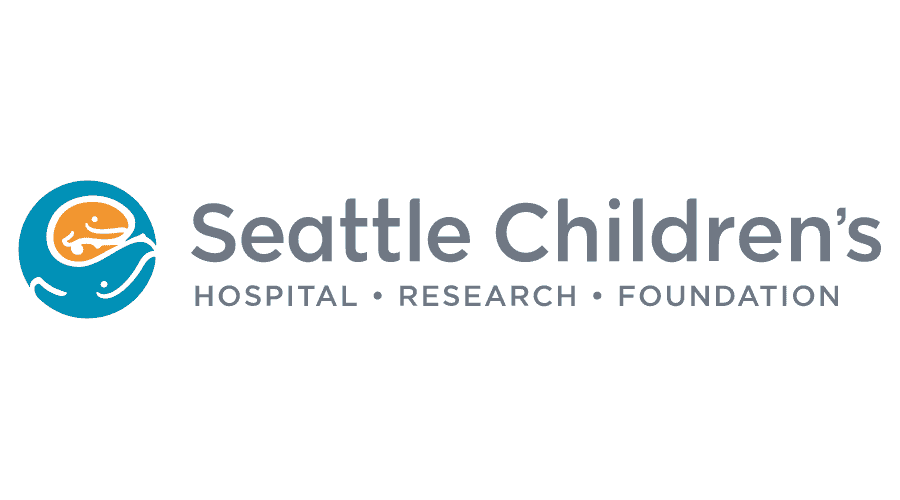
DBT and EBP Training Development Postdoc in Seattle
04 Dec 2023
Dialectical Behavior Therapy (DBT) and Evidence Based Intervention Training Design and Implementation
Postdoctoral Fellowship at the University of Washington School of Medicine and Seattle Children's Hospital
2024-2025 Academic Year
The University of Washington School of Medicine, in association with The Division of Child and Adolescent Psychiatry and Behavioral Medicine at Seattle Children's Hospital seeks applicants interested in opportunities to specialize in developing, implementing, and studying a scalable evidence-based intervention for community based teams serving high acuity youth in WA state. The fellowship also provides the chance for specialized training in Dialectical Behavior Therapy for youth and their families. This one-year Fellowship position will be approximately 60% program development and research with CoLab for Community & Behavioral Health Policy, and 40% outpatient clinical activities in the Adolescent Dialectical Behavior Therapy (DBT-A) Program at Seattle Children’s Hospital.
Postdoctoral fellows will work closely with faculty and attending psychologists in the UW School of Medicine and Seattle Children's Hospital who will serve as mentors and supervisors. Primary mentors are Kyrill Gurtovenko, PhD & Sarah Walker, PhD.
As a part of the CoLab team the fellow will be involved in a collaboration with the Washington State Health Care Authority to develop a scalable training and coaching strategy for implementing an evidence based intervention that integrates components from Dialectical Behavior Therapy, behavioral parent management training, and crisis intervention frameworks for high acuity youth in Washington State. The project will expose the candidate to novel approaches in workforce training and systems planning, including digital training platforms and tailored implementation strategies. This work, funded through the Health Care Authority's SAMHSA System of Care grant, aims to increase the effectiveness and skill of our state’s mental health workforce and improve quality of care for youth and families experiencing mental health crises. CoLab for Community & Behavioral Health Policy was founded in 2020 within the Department of Psychiatry and Behavioral Sciences at the University of Washington School of Medicine. CoLab engages community expertise and research evidence to spark creative and sustainable change in behavioral health policy and systems, particularly those involving youth and families. CoLab’s work is supported by the National Institute of Drug Abuse, the Robert Wood Johnson Foundation and the William T Grant Foundation, among others. Additionally, CoLab includes the Evidence Based Practice Institute (EBPI), a statewide resource to promote high quality mental health services for children and youth in Washington State.
The SCH DBT Clinic provides full comprehensive outpatient DBT for adolescents aged 13-17 who present with significant mental health challenges including suicidality, self-harm, and other complex comorbid problems. The postdoctoral fellow will be trained in all modes of gold standard DBT including individual therapy, multi-family skills group, phone coaching, and DBT consultation team. The fellow will also have opportunities to be trained in more family focused aspects of the treatment, including the DBT parent skills group, as well as experience working closely with caregivers and families as a parent therapist and phone coach. The fellow will receive weekly supervision and participate in consultation and collaborative care as a part of our multidisciplinary DBT team which includes psychologists, psychiatrists, psychiatry fellows, psychology residents, and practicum students. Training in DBT also includes participating in the UW Psychiatry DBT two-day workshop, 6-month didactics seminar, and monthly DBT journal club. The postdoctoral fellow will also have opportunities to get involved with research, program evaluation, and measurement-based care efforts underway in our clinic. DBT is a highly flexible, comprehensive, and individualized transdiagnostic therapy, with treatment lasting about six months to a year for most patients in our program. By the end of this rotation the fellow will have attained significant depth experience and expertise in utilizing DBT with a wide range of complex patients and their families.
The fellow may also have opportunities for other cross service training and experiences within Seattle Children’s Hospital, as well as being involved in efforts to improve cultural competence and equity of care for diverse patients served across both projects.
Competitive applicants have interest and experience in clinical practice, program development, training, and research focused on implementing culturally sensitive evidence-based care for high risk youth and their families.
Requirements: Candidates must have completed a doctoral degree in clinical psychology or related discipline from an accredited APA program, and an APA accredited pre-doctoral internship working with children/adolescents. Stipend is commensurate to the NIH salary range for postdoctoral fellows along with full medical and dental benefits. Applications are accepted on a rolling basis and we will review applications as they are received. Start date is Monday, September 2nd, 2024.
To apply: Interested candidates should send 1) curriculum vitae, 2) a letter of interest, 3) a statement of individual and cultural diversity, and 4) three letters of recommendation via email addressed to both: Kyrill Gurtovenko, PhD, at gurtoven@uw.edu & Sarah Walker, PhD at secwalkr@uw.edu. Please include in your letter of interest: experience with specific evidence-based treatments in a child clinical or pediatric population; theoretical orientation; research experience and interests, and relevant/specific experience with DBT. Please don’t hesitate to contact Dr. Gurtovenko and Dr. Walker via email with any questions about the fellowship.
Nebraska Internship Consortium in Professional Psychology